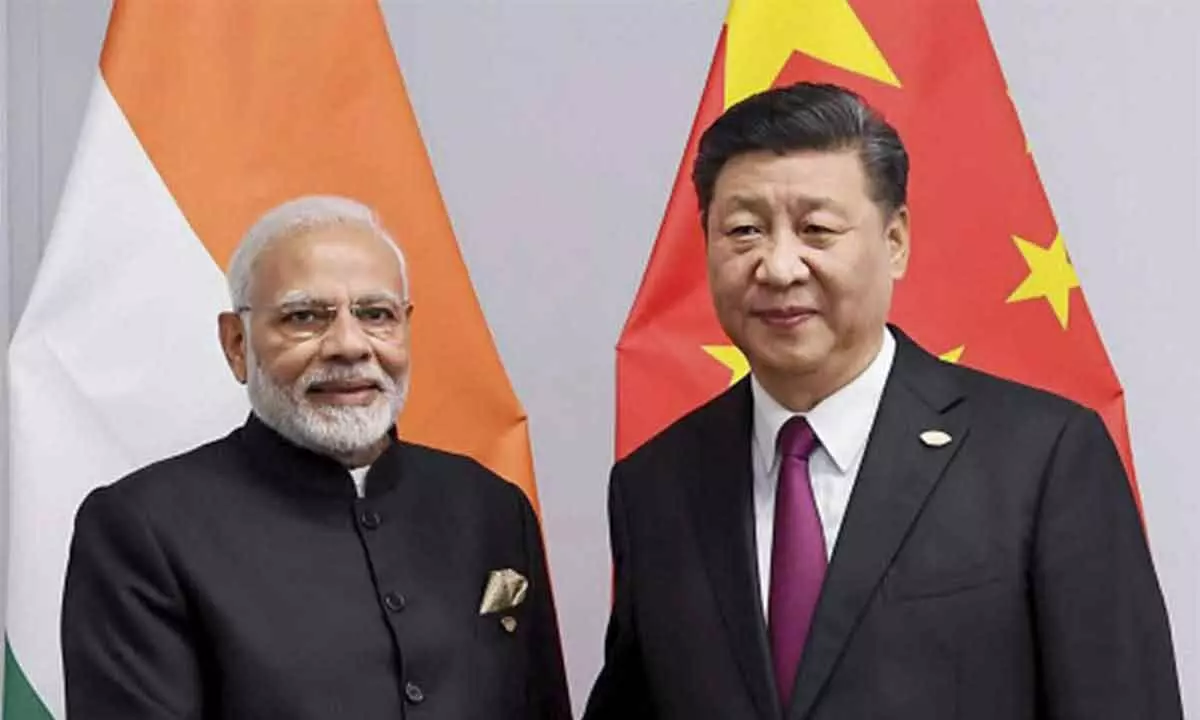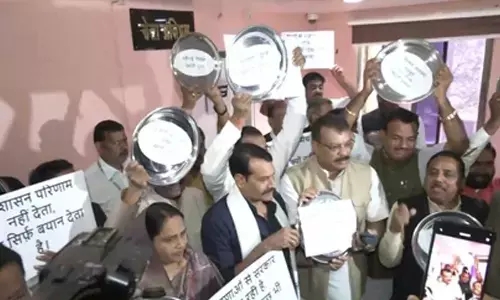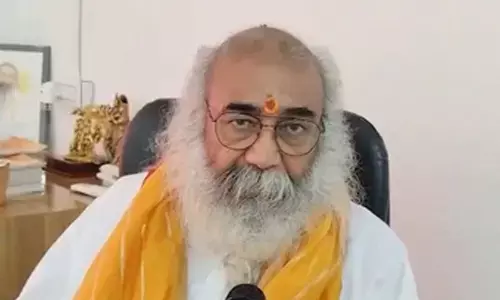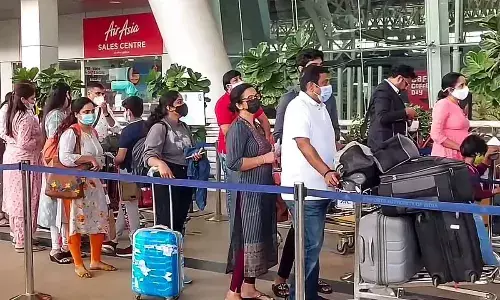PM Modi's Exchange With Chinese President Jinping Contradicts Narratives On Meeting Intent

- Get insights into the contrasting narratives surrounding the brief interaction between Indian Prime Minister Narendra Modi and Chinese President Xi Jinping.
- While official statements diverge, authoritative sources reveal details on the meeting's initiation, discussions on boundary concerns, and the differing paths towards normalizing India-China relations.
In contrast to the statement provided by the spokesperson of the Chinese foreign ministry regarding the brief interaction between Indian Prime Minister Narendra Modi and Chinese President Xi Jinping on Thursday, credible sources informed HT that it was the Chinese side that initiated the meeting. During the BRICS Summit, Prime Minister Modi and President Xi Jinping engaged in a short discussion with their interpreters present at the leaders' lounge. While the Chinese narrative of the meeting implies a mutual desire to normalize relations between India and China, the reality appears different as PM Modi expressed apprehensions about the extensive PLA deployment in East Ladakh.
It is apparent that Prime Minister Modi emphasized that the path to normalization hinges on disengagement and de-escalation along the extensive 3,488 km Line of Actual Control (LAC).
On the other hand, the Chinese side aims for India to set aside the sensitive boundary matters and military concerns in favor of expeditious normalization of bilateral ties. Since 1977, China has advocated a strategy of parallel-track diplomacy, segregating the boundary issue from trade relations. This approach has led to India grappling with a significant trade deficit of approximately $70 billion.
Given that both India and China released separate statements regarding the Modi-Xi meeting, it is evident that there was minimal common ground reached during the encounter. To simplify, the two sides conveyed the perspectives of their respective nations.




